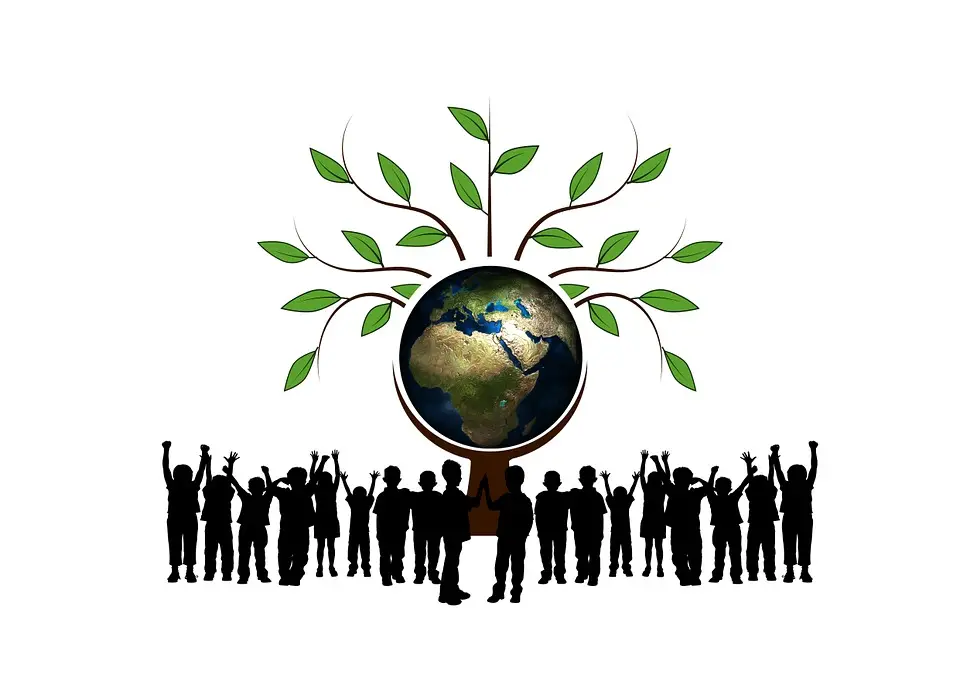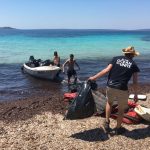
June the 9th, 2020 – Popovac is a small village located under the only small hill in Baranja called Banovo brdo, nestled away in the north east of the country, between Osijek and the nearby Hungarian border. Popovac’s small village school is not your average school, however…
Beautiful nature surrounds the area, the view of the green fields and dense forests is spectacular. It isn’t something unusual to have the feeling that you need to protect nature when you see the beauty of Baranja.
Popovac is a place with one school, one shop, one post office but one big ecological soul. The Popovac primary school boasts the diamant status for participating in an International eco-schools programme. Our school made a note that the environment and eco-living is a very important part of school life where the students can learn new skills and ways to make the environment around them better and save the nature we’re so lucky to have for the future.
Through many years of experience, the Popovac primary school made a lot of progress and included the local community in learning and becoming more aware of the basic environmental needs which can improve the lives of every single person living in the village of Popovac.
But, just what are eco-schools? International eco-schools is a programme designed to implement environmental education guidelines throughout educational institutions (primary and secondary schools, kindergartens and boarding schools, special needs schools and even colleges), and the National Coordinator of the Ecological School in the Republic of Croatia is the Lijepa naša Association.
The International eco-school programme was developed by the Foundation for Environmental Education (FEE) in response to the 1992 UN Conference. The programmew was officially launched back in 1994 in several European countries, including Denmark, Germany, Greece and the United Kingdom. Today, eco-schools are conducted in more than 64 countries around the world, connecting as many as 49,000 schools.
At the beginning of every school year, all of us at school think about ecological ideas for most of the school’s subjects that we can implement into the curriculum. Through all these years, we managed to develop a lot. From day-long school projects to monthly and year projects, the idea spread further, getting involved in projects on the scale of Erasmus+ projects. The Popovac primary school’s praiseworthy project is called ”Kids against plastic pollution”.
The programme is designed to present our ecological ideas to partner schools in Norway, Turkey and Romania. At the meetings, we presented our eco-school in beautiful Baranja, and we’re very proud of being the only one with the status of eco-school. Now, in the distance learning era, we continue to be active virtually. We’re not physically at the school, but the students made a short video from home about plastic pollution which included their own ecological messages.
This experience of needing to stay at home and stay safe made the students realise what they have learned through their activities at school and what they can do at home too. They are now aware of the amount of plastic that their family uses and could talk about how to reduce that problem. On a monthly basis, students of the Popovac primary school are continuing to collect plastic bottle lids and are in the national project to help purchase expensive medicine.
Every school teacher can be proud of the results that the younger generations achieve thanks to the environmental education presented to them in their school classrooms. They are aware that young generations are sensitive to environmental issues and by being active in that field, they promote environmental concern as a value and as a of life.
For the next school year, new goals will be set and the importance of protecting our environment will be presented to yet another new generation of children who will be the bearers of responsibility for the school and the wider local community. Local government representatives are also included into our actions and are supporting the school’s ideas which are pushed by proactive young people who are going to live eco-friendly lives and think of the
future, and not only of themselves.
Text by Marijana Kuna
For more, follow Total Eco Croatia.









